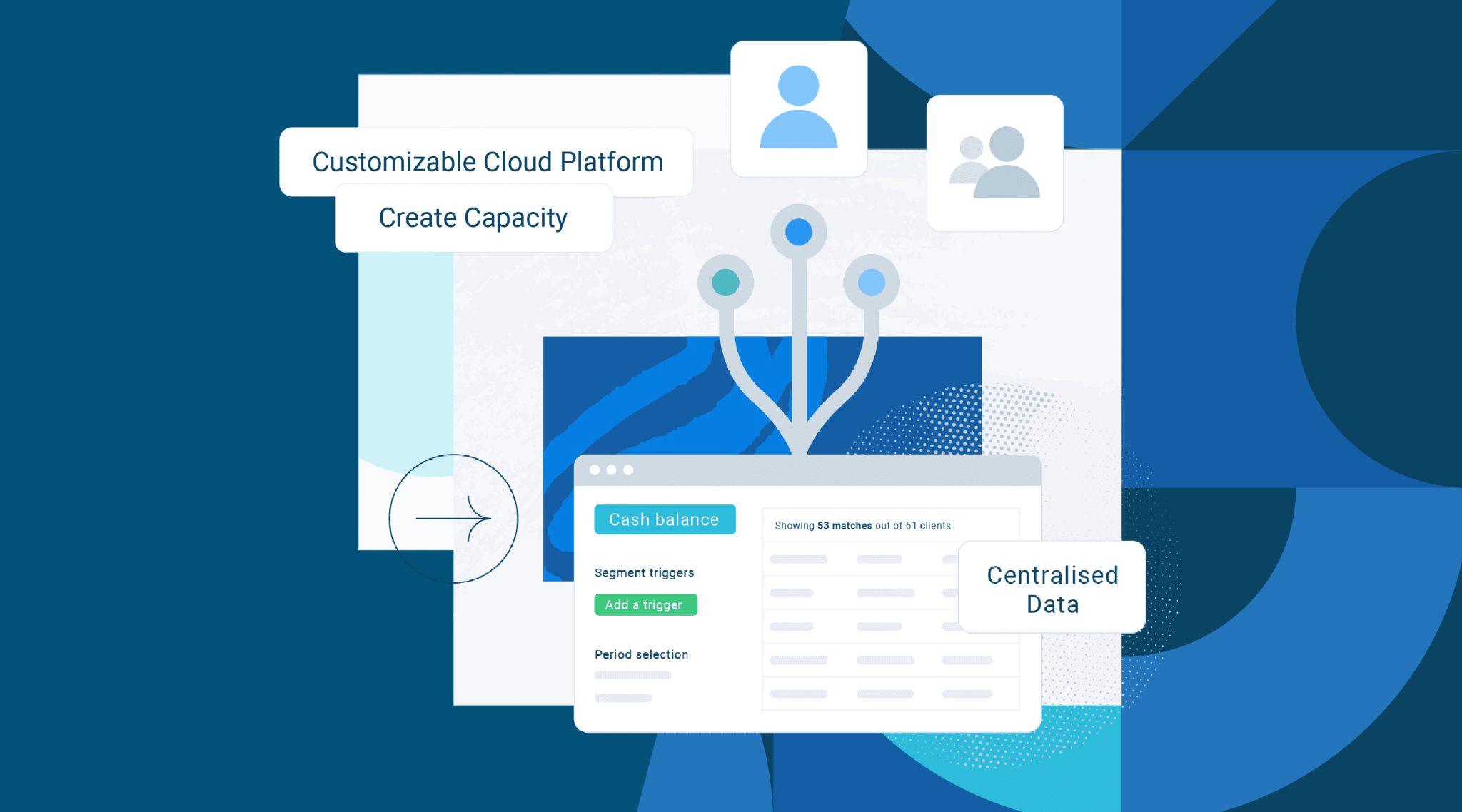Mark Lee frames the modern accountant’s dilemma with a simple question: Are you an accountant or a magician?
On a surface level, it’s a strange one to ponder. But dig a little deeper, you’ll see what Lee was getting at. “Many clients do not really understand what you do for them. They know what outcome you produce. But what you actually do is a mystery,” wrote Lee.
“The client lets you loose on their data – you then do your stuff and the client gets their accounts, their VAT returns, tax returns, and so on.”
The accountant, in the popular imagination, is an almost Elven, mysterious creature. And the process is input and output. In truth, many accountants have grown accustomed to this relationship. But ask yourself this question:
Can this kind of client relationship persist in a digital world? And perhaps even more importantly: If it can’t persist, what comes in its place?
Now we get to the real reason why Lee asked the question to begin with: are you a magician or an accountant? We are living in a brave new world after all. Technology – such as DIY accounting software – has eaten into this way of working.
Your clients are now intricately involved in the process of accounts production and tax filing. Under Making Tax Digital, this trend will only increase. Clients have evolved and changed; in short, the magic show is over.
Accountants understand, though, that this doesn’t make them irrelevant. The task of interpreting data and offering sage business advice is more important than ever – but do your clients understand this?
It’s time for a new definition of client service
It’s now more important than ever that accountants not just understand their work – but know how to explain it.
Good client service isn’t just about timely tax filing and flawless accounts; it means being able to compress complex ideas into understandable bits of information – without talking down to your clients.
As the accounting mentor Heather Townsend put it: “Clients need to understand what you are doing for them. They don’t want to hire another expert to turn your reports into plain English. So, learn to communicate clearly, and adopt your client’s language when you report to them.”
How can tech supercharge your client service?
As an accountant, it would be easy to resent technology. It has, after all, disrupted what had become familiar and safe.
But that’s perhaps a simplistic way to look at it. As David Autor, the MIT economist, explains there’s a distinction between automation that substitutes labour and automation that complements it.
Technology has damaged the value of certain traditional roles of accounting. Yet it has also introduced the capability of being a connected, real-time accountant. It’s easier than ever to get the information you need to offer these services.
But it’s key that you remember here: It’s not the tech that’s important, it’s how you use it. If this sounds open ended and far removed from accounting as you know it – then yes, you’re right.
We’ve now firmly entered the era of real-time accounting.
Demonstrating value means exactly that: actively working with your clients, often at the drop of a hat and outside of the confines of traditional milestones (like the soon-to-be killed self-assessment period). Real-time accounting is a lot more than just January 31.






